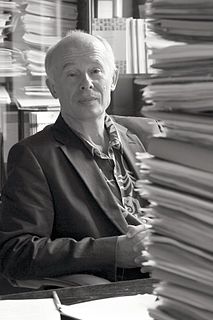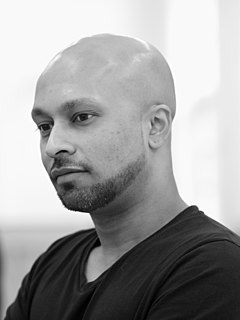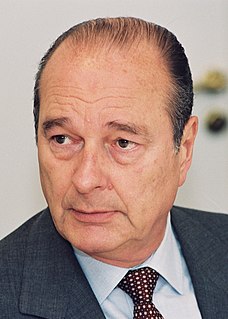A Quote by Michelle Bachelet
The current global landscape is quite different from the not-too-distant past. The process of globalization has intensified, and the world is moving towards new forms of governance.
Related Quotes
We're obviously at the edge of something quite new in humanity's experience. That is this globalization process which isn't just economic or social, but involves the interpenetration of cultures, people moving to different places several times in their lifetime, traveling for business or pleasure, and marrying people of very different cultural backgrounds, all of which was almost impossible a hundred years ago.
Either the Earth System would undergo major phase transitions as a result of unchecked human pressure on nature's capacities and resources or a "Great Transformation" towards global sustainability would be initiated in due course. Neither transitions nor transformations will be manageable without novel forms of global governance and markets.
If globalization is to realise its potential as a force for good, we have to look more closely at the means by which we handle our growing interdependence. We do not have a world government, but we do have an increasingly complex network of institutions that are concerned with global governance. They are central to our future and international human rights law
I think that the movement against the World Bank, against the globalization process that is happening, is very positive. We need a globalization, a globalization of people who are committed to social justice, to economic justice. We need a globalization of people who are committed to saving this earth, to making sure that the water is drinkable, that the air is breathable.
The myriad valleys could have arisen anywhere on the landscape. The current positions are quite accidental. If we could repeat the experiment, we might obtain no valleys at all, or a completely different system. Yet we now stand at the shore line contemplating the fine spacing of valleys and their even contact with the sea. How easy it is to be misled and to assume that no other landscape could possibly have arisen.
Our world is not an optimal place, fine tuned by omnipotent forces of selection. It is a quirky mass of imperfections, working well enough (often admirably); a jury-rigged set of adaptations built of curious parts made available by past histories in different contexts. A world optimally adapted to current environments is a world without history, and a world without history might have been created as we find it. History matters; it confounds perfection and proves that current life transformed its own past.
More and more, I am pulled reluctantly towards a strong horizontal current, which is a place where time is moving at such high velocity, that even our breath is forced to accelerate just in order for us humans to survive. And I have always believed, that it is in our slow exhalation, where the sense of this deep spiritual energy resides. In a world moving so fast, with the growth of technology and information, I am somehow inclined to move against this current, in search of what it might mean to be connected not just spiritually, but also vertically.
It would never occur to me to map my research against events in my life, and the recent history of globalization seems to be part of someone else's life. Still, maybe I have been trying to fill in a history or address that amnesia for the recent past. There's so much that's opaque about the ways in which extra layers of global governance have developed since Pax Americana and really accelerated in these last thirty, forty years.































